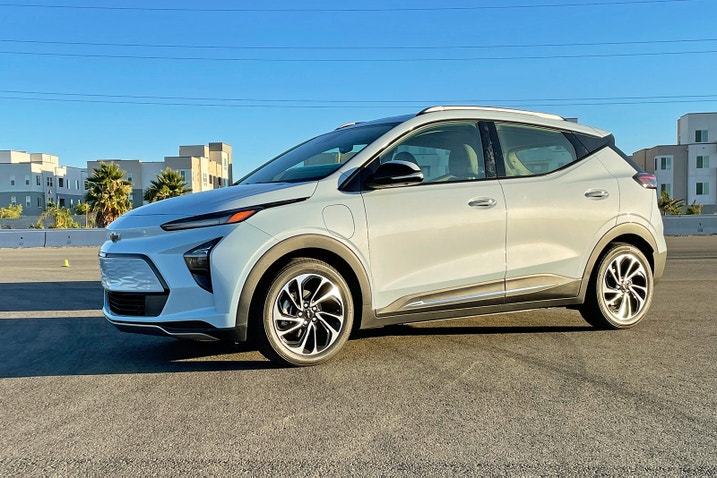- The New York Times found three apps that take your driving data and sell it to insurance companies.
- These insurance companies can use this data to raise or lower rates.
- Often, consumers can agree to have their data shared without explicitly giving permission.
Phone Apps Are Selling Your Driving Data to Insurance Companies
Make sure to check your privacy settings
The New York Times recently published a report that found common apps on drivers’ phones were being used to collect driving data, then selling it to the insurance companies that set driver rates. This comes after General Motors was caught doing the same — selling data gathered by its OnStar in-vehicle telecommunications system to third-party brokers like Lexis Nexis and Verisk, which would then sell the data to insurers. After lawsuits and media coverage, GM pulled the plug on the program. However, the report from the New York Times shows that insurers have other ways of obtaining your driving data.
According to the Times, most consumers don’t realize they have agreed to share their data. Much like General Motors’ driver monitoring software, the sale of customer data is obscured with disclosures in small font, clever wording, and lengthy terms and conditions agreements or privacy statements. Moreover, this takes place within apps that one may not suspect are sharing data metrics specific to driving, including location, acceleration and braking inputs, speed and more. The Times report found three apps collecting driver data: Life360, which allows users to monitor the location of family members; GasBuddy, which helps drivers track fuel costs near them; and MyRadar, a weather app.
All three provide extra features if the user allows the apps to use the phone's motion sensors, such as notifying users of family member locations or lower gas prices near them. But these features are provided not by the companies making the apps, but by Arity, a third-party analytics company founded by Allstate. Arity doesn’t make it clear to consumers that it “analyzes how risky their driving is for insurance purposes” per the Times. GasBuddy users can enable a feature rating the fuel efficiency of a drive, which is “powered, by Arity.” Arity sells access to the driving data of GasBuddy users once they agree to “Join Drives,” the brand name of the fuel efficiency rating system in the app. By agreeing to a “privacy statement,” users consent to their data being used in this way. What the disclosure does not do is explain what Arity is or what the company does.
Speaking to the Times, Kathleen Lomax, a Life360 user, discovered her driving data was being shared when she asked the company about it. An AI-generated automated response told her that Life360 also shares data with Arity. However, a company spokesperson says that data that could personally identify Lomax and her family isn’t being shared with an insurer. GasBuddy, meanwhile, says Arity gives users who opt-in “personalized offerings and enhanced services” without elaborating on these offers or services. The weather app, MyRadar, didn’t respond to the Times’ request for comment.
Once Arity and companies like it have access to the data, they sell it. Access to the driving data of users numbering in the tens of millions is given to auto insurance companies like Allstate and Progressive. Via Arity, the Times reported, companies can “request a person’s individual driving score” and have it delivered instantly. A person’s driving score evaluates “drivers’ performance behind the wheel including how often the brake suddenly, speed, or use their phones.” Arity will even use the data to target potential customers based on 10 different risk categories.
Gradually, legislative bodies and consumers alike are becoming more aware of how data is being used to monitor drivers. Connecticut’s insurance regulator has warned consumers that new vehicles may track driving habits, and the collected data may affect what insurance companies will charge drivers for insurance. George Bradner, an assistant deputy commissioner at the Connecticut Insurance Department, tells NYT the agency supports the use of driver-monitoring telematics, but that the alert was issued to raise awareness over how consumer data is being used by automakers and insurers alike.
Consumers, meanwhile, can take some steps to insulate themselves from such data sharing. The Times recommends checking privacy settings via your car’s infotainment system, as well as in your phone's general privacy settings and the apps themselves. Generally, the best place to start is with apps that connect directly to your car or monitor your location. Both Life360 and MyRadar, for example, offer options that opt users out of monitoring via a “Do not sell my personal information” button.
Edmunds says
Data privacy is a precious commodity, and automakers and insurers alike have devised ways to obtain or sell this data. Being aware of what data you authorize the use of and where it goes is key to preventing third parties from gaining access.






 by
by  edited by
edited by